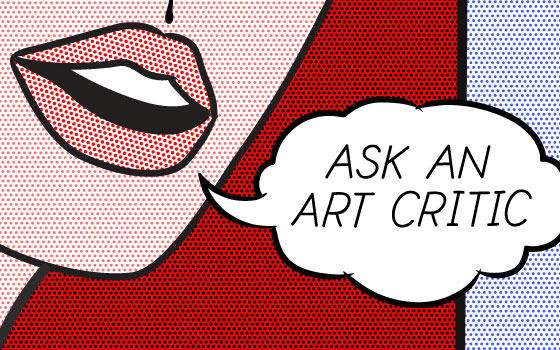As far as I am concerned, there is a chasmic difference between being a great person, a person of tremendous substance, and being a competitive person, a person who is desperate to have substance. And as far as I am concerned, pedigree has nothing to do with the embodiment of substance. I dismiss most forms of elitism out of hand. My experience is that they are so deeply disappointing; defined by a sense of promise unfulfilled.
My lack of appreciation of social, intellectual, and cultural elitism is at times seen by people, both state-side and abroad, as indicating either a sort of Midwestern simplicity or a cowboy-like absence of self-definition. (One of my graduate school professors called me and a close friend who came from a Midwestern state – having passed by the University of Chicago to take a degree – her “Midwestern farm girls.”) Maybe Paula doesn’t embrace elitism because she doesn’t really grasp it, people might speculate privately. Doesn’t know how to put it on and wear it comfortably.
Oh, I grasp all right.
At no other moment does the social construction of elitism reveal itself in all of its gauzy, flimsy wonder, as when you enter a new culture. If you truly believe in elitism, you can rush right in and quickly ask around until you find it just as you instantiated it back home. Should I read La Monde orLiberation; how about le Canard Enchaîné? Who reads them? Telerama? Is that a thing? What does it mean if a name starts with “Van” or “Von”? Is that like “De” or “De la” in French? Are these my peeps?
But if you, like me, have grasped and released, then you appear to others to be an American Cowboy, irreverent and steely.
I have noticed that elitism is in part perpetuated by a banal cognitive bias – often called "correspondent inference" – which, when established consistently, can maintain people’s superiority in their own and other’s eyes. Correspondent inference refers to the idea that people have trouble using situational constraints and social roles in making inferences about internal qualities (“traits”) of other individuals. A good example of this is the attribution of intelligence to someone who is teaching an adult learner. The person doing the teaching will seem more intelligent to everyone because she is the expert in the relevant area. But the social role has made it this way. It could be that the teacher is showing Albert Einstein how to play golf.
The correspondence bias was demonstrated in a classic experiment in social psychology in which participants were randomly assigned to the role of the “quizmaster,” who was instructed to come up with a list of questions, or to the role of “quiz taker,” who had to answer them. Naturally, the quizmaster made up difficult questions to which he knew the answers. He drew from his well of trivia because that is what he was told to do. Of course, the quiz taker could not answer many questions. But, rather than attributing the lopsidedness in the apparent superior knowledge to the quizmaster’s role-conferred advantage, which was completely obvious, observers of the game reported that the quizmaster was the more knowledgeable of the two. The quizmasters and the quiz taker of course come to believe this too.
The quiz game paradigm and the correspondent inference that it elicits is a model for the stability of elites. A person who feels part of an elite asserts some information relevant to his group (“This film [which actually isn’t out yet, but which I saw at a closed, private viewing] is so amazing, have you seen it? What? You haven’t heard of it? No!”), and solidifies a socially constructed asymmetry that allows everyone in the picture to continue to believe in his elite status.
When I see this social construction unfolding, it brings out the cowboy in me, and never is this attitude so irreverent as in a new country. Basically, the cowboy is saying, “So what? Prove to me that this is of interest. The age of it will not do. Neither will the name. The money associated does not move me. Prove that I should care.”
What’s the proof? Since there isn't any real proof, we come up with vague labels to use that appear to solve the problem. The word "charming" is one that is sometimes used, and I'll write about "charm" in my next post.

